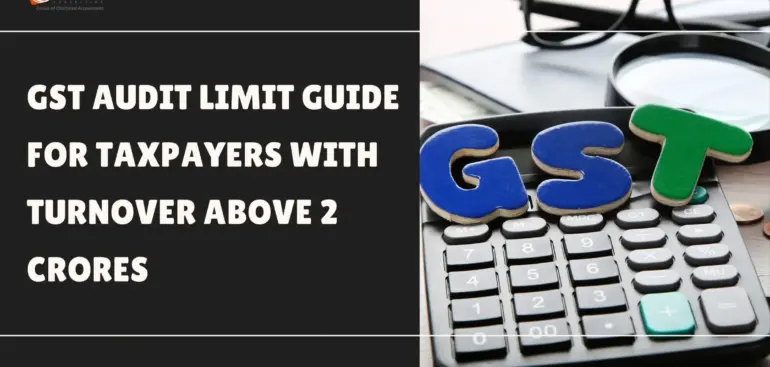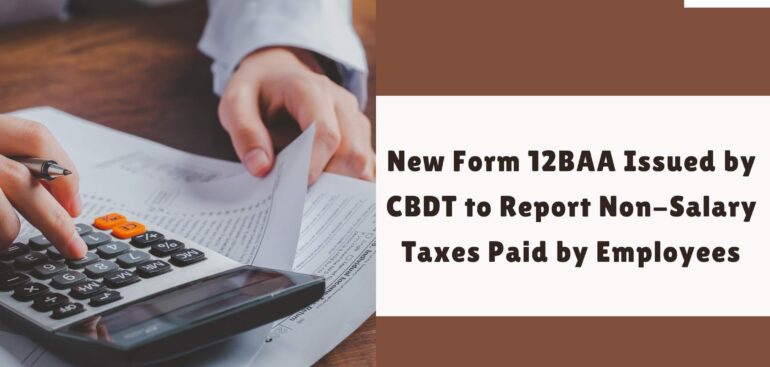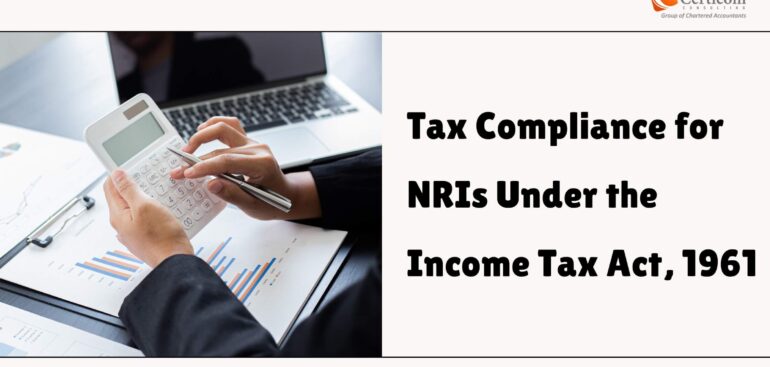GST Audit Limit Guide for Taxpayers with Turnover Above 2 Crores
The due date for filing GSTR-9 and GSTR-9C forms is December 31.
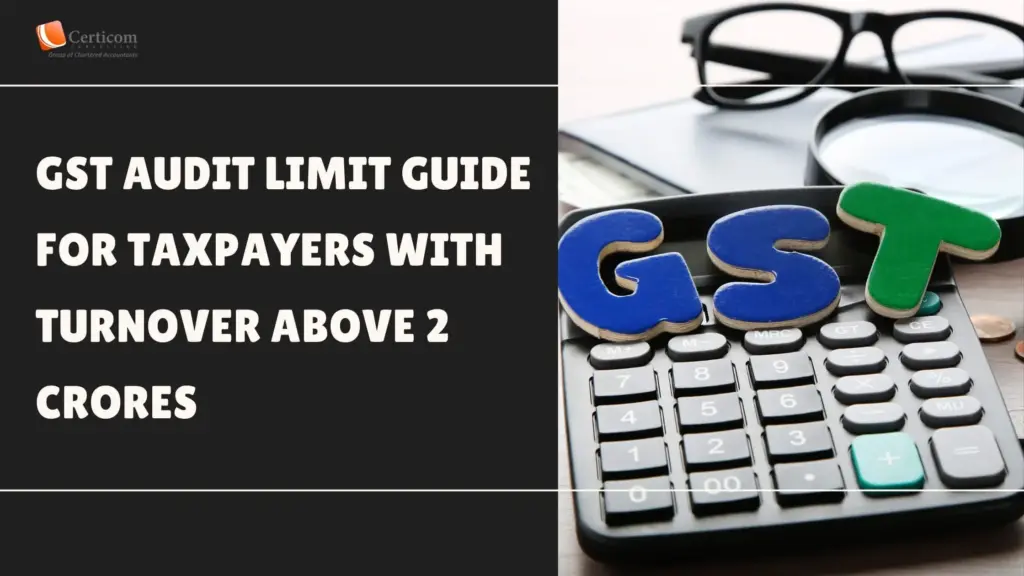
The Finance Act, 2021 brought significant changes to GST audit requirements, particularly impacting businesses with higher turnovers. While previously, taxpayers with an annual turnover of Rs. 2 crores or more had to submit GSTR-9C certified by a Chartered Accountant (CA) or Cost Accountant (CMA), this mandate was lifted, shifting to self-certification for turnovers above Rs. 5 crore, as confirmed by the 43rd GST Council meeting in May 2021. These updates were later notified by CBIC in Notification No. 29/2021 – Central Tax, dated 30th July 2021. Let’s explore the GST audit process and its various types, providing clarity for businesses navigating these regulations.
Understanding GST Audit and Its Importance
A GST audit entails a thorough examination of financial records, returns, and other documentation maintained by a GST-registered taxpayer. The purpose is to verify the accuracy of reported turnover, tax payments, refunds claimed, and input tax credit availed, ensuring compliance with the GST Act. As GST is a self-assessed tax system, a well-structured audit mechanism serves as a crucial check to verify the taxpayer’s self-assessed tax liability.
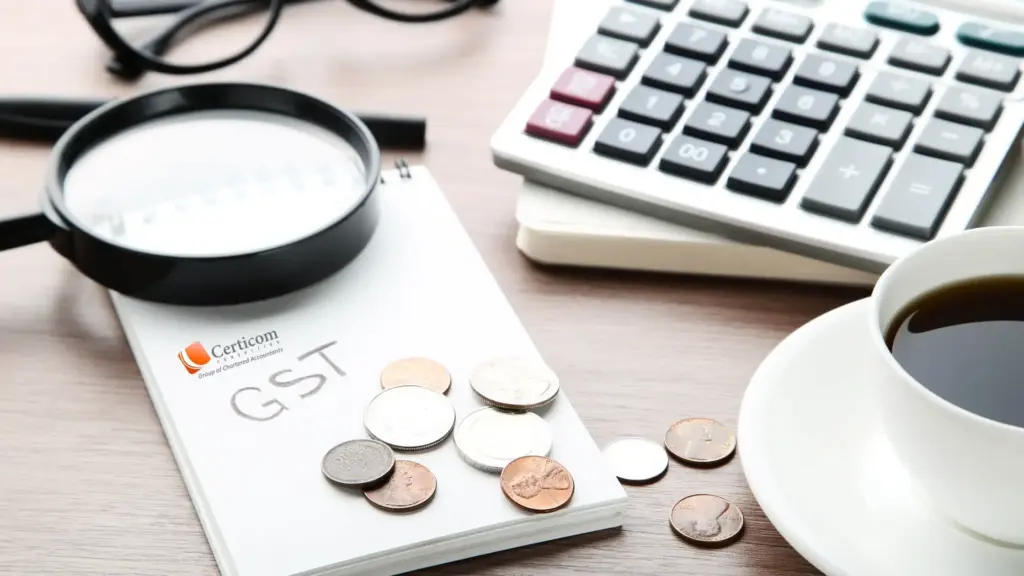
Types of GST Audit
GST audits fall into three main categories:
Turnover-Based Audit:
- Conducted by a Chartered Accountant or Cost Accountant appointed by the taxpayer.
- Required for businesses with an annual turnover exceeding Rs. 2 crore as per Section 35(5) of the CGST Act.
- Although the audit requirement was relaxed for turnovers above Rs. 5 crore in the Finance Act, 2021, the original threshold of Rs. 2 crore remains applicable for certain audits.
General Audit:
- Conducted by the Commissioner of CGST/SGST or an officer authorized by them.
- Initiated by an official order, typically issued with a 15-day prior notice to the taxpayer.
Special Audit:
- Ordered by the Deputy/Assistant Commissioner with prior approval from the Commissioner.
- Performed by a Chartered Accountant or Cost Accountant nominated by the Commissioner when a detailed, specialized examination is warranted.
Turnover-Based Audit Details
Under Section 35(5) of the CGST Act, businesses with an annual turnover exceeding Rs. 2 crore must have their accounts audited by a Chartered Accountant or Cost Accountant. This turnover is calculated on a PAN basis, covering the aggregate value of all taxable, exempt, and export supplies, excluding certain elements like reverse charge supplies. For businesses with multiple GST registrations across states, the cumulative turnover across all branches under a single PAN is considered.
Key Elements in Aggregate Turnover Calculation:
- Includes all taxable supplies, exempt supplies, and exports.
- Excludes reverse charge inward supplies, GST-related taxes (CGST, SGST, IGST), and certain non-taxable activities under Schedule III of the CGST Act.
GST Audit Eligibility and Auditor Qualifications
Only Chartered Accountants or Cost Accountants are authorized to perform GST audits. Notably, an internal auditor of a company cannot serve as its GST auditor, and GST practitioners are not permitted to conduct GST audits. If an organization operates multiple branches across states, the aggregate turnover across these branches determines GST audit applicability, regardless of individual branch turnover.
Conducting the GST Audit: Essential Documentation and Process
To conduct a comprehensive GST audit, an auditor reviews critical records, including:
- Sales and stock registers
- Purchase records and expense ledgers
- Input tax credit (ITC) records
- Output tax details
- e-Way bills and e-Invoices, where applicable
The auditor also verifies communications with the GST department and reconciles the values in GSTR-9 with audited financials.
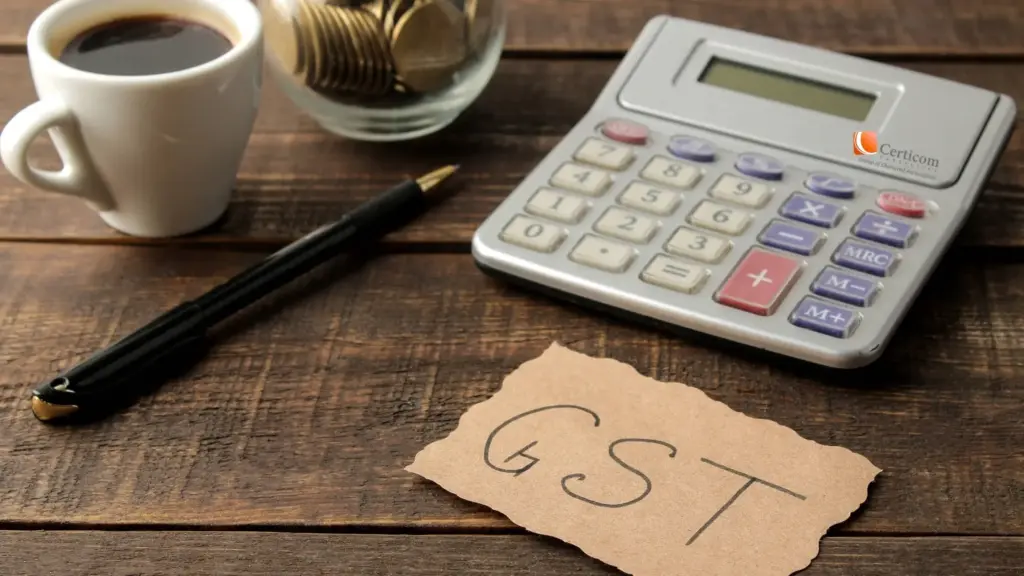
Annual Return and GSTR-9C Filing
For taxpayers above the specified turnover threshold, GSTR-9C must accompany the annual return (GSTR-9). Although GSTR-9C self-certification is permitted for turnovers above Rs. 5 crore post-2021, it still plays an important role in ensuring compliance.
Filing Requirements:
- Regular taxpayers: GSTR-9 and GSTR-9C (if turnover exceeds Rs. 2 crore).
- Composition scheme taxpayers: GSTR-9A.
- E-commerce operators: GSTR-9B (pending implementation).
Timeline for Submission
The GSTR-9 and GSTR-9C forms are generally due by 31st December of the subsequent financial year. However, this deadline may be extended by CBIC notification as needed.
Navigating GST audit requirements, especially for businesses with turnovers exceeding Rs. 2 crore, requires understanding the latest regulations and staying compliant with statutory obligations. By familiarizing yourself with the GST audit process and compliance requirements, businesses can avoid penalties and ensure accuracy in their GST filings.
For more detailed guidance, consult Certicom Group’s expert team, experienced in helping businesses manage GST audits and related financial requirements efficiently
Related Post
NRI Tax Filing in India: A Guide to Rent, Capital Gains & Interest Income
Foreign Tax Credit in India: A Guide for NRIs
Top 10 Tax Filing Rules for FY 2024-25
Book A One To One Consultation Now For FREE
How can we help? *


